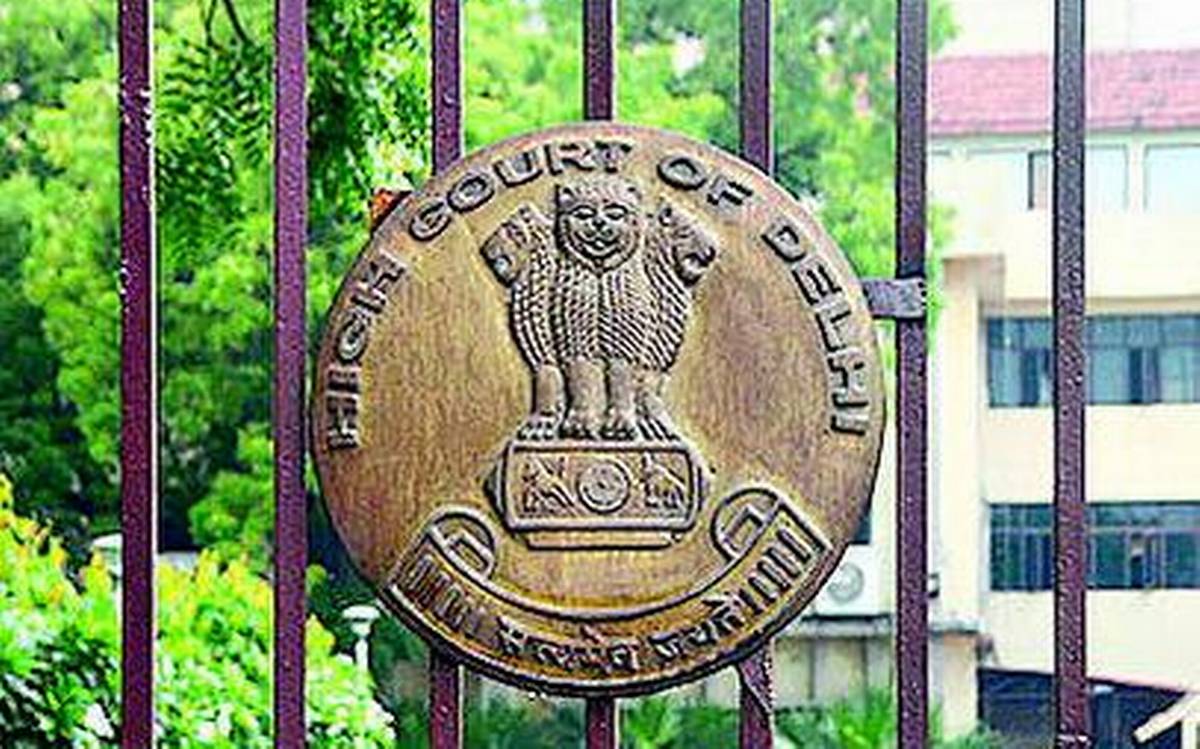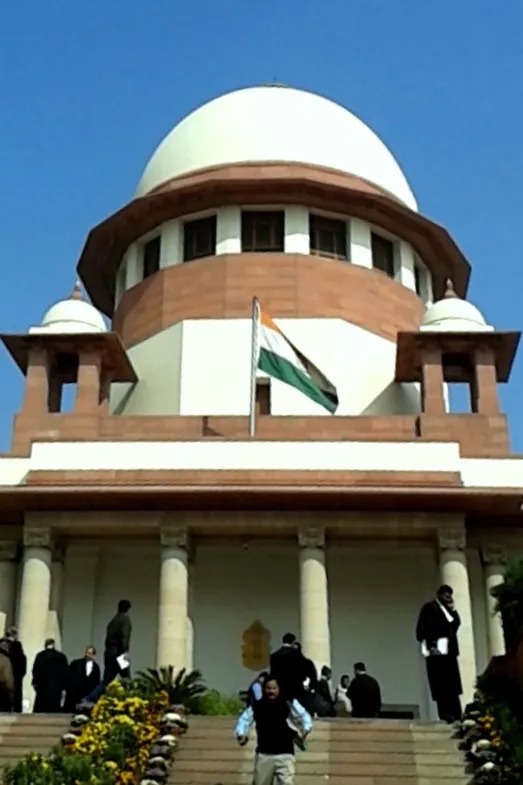John Stanley, C.J. and Rustomjee, J.@mdashThis is an appeal against a decree of the District; Judge of Bareilly dismissing the plaintiff''s claim on the ground that the same was barred by limitation. The suit was brought for partition of a house of which the plaintiff claimed to be part owner. The Court of first instance decreed the plaintiff''s claim in part, holding that he was entitled to 6 out of 40 sihams of the property in question. On appeal this decision was reversed on the ground of limitation. It appears that the plaintiff has never been in actual possession of the property, but he relied upon an acknowledgment of his right to a share in it made by the defendant respondent, Alim-ud-din. On the 18th of August 1890, in execution of a decree 14 sihams of the house in question were sold to Jugal Kishore, and on the 29th of March 1898, he obtained formal possession of the share, but actual possession was not delivered to him. His suit would apparently be barred by limitation were it not for the fact that an acknowledgment of his title was made by the defendant, Alim-ud-din in a suit for pre-emption brought by him against) Jugal Kishore in the year 1892. In the plaint in that suit Alim-ud-din stated that Raghubar Dayal had bought 28 sihams in execution of a money decree obtained by Jugal Kishore and became owner of 28 sihams. The learned District Judge held that this statement was not an admission of liability within the meaning of Section 19 of the Limitation Act; that in the first place it was an admission only as to 14 sihams so far as Jugal Kishore was concerned, but in the second place Alim-ud-din was not a person who could make an acknowledgment of liability, for he could have no interest in the property in the life time of his father, Hahi Bakhsh, who did not die till the year 1896. We think the learned Judge was wrong as to this. Section 19 does not require that the person making an acknowledgment should have an interest in the property, in respect of which the acknowledgment was made at the time when the acknowledgment was given; it prescribes that if, before the period of limitation expires, an acknowledgment of liability or right has been made in writing, signed by the parties against whom the property or right is claimed, a new period of limitation will be computed from the time of the acknowledgment. The claim in this case is for partition, and Alim-ud-din, who made the acknowledgment, is part owner of the property sought to be partitioned. It does not lie in his mouth, we think, to set up the bar of the Statute of Limitation. A question arising u/s 19, which has a close bearing upon the question before us, was decided in the case of Jagahandhu Bhattacharjee v. Hari Mohan Roy (1895) 1 C.W.N. 569. In that case in a petition of compromise the plaintiff''s title to certain lands was admitted by the defendants, and it was held that the petition of compromise was substantially an admission by the defendants that the plaintiffs were proprietors of the lands claimed by them. We think that the appeal ought not to have been dismissed on the ground that the suit was barred by limitation. We do not profess to decide whether the plaintiff is entitled to any share in the house in question or the right of any of the parties. It will be for the plaintiff to establish his title if he can do so. All that we hold is that in view of the acknowledgment given by Alim-ud-din, it cannot be said that the plaintiff''s right to have his case investigated and considered is barred. We therefore set aside the decree of the lower appellate Court, and inasmuch as that decree was based upon a ruling on a preliminary point, a ruling with which we do not agree, we remand the case to that Court with directions that it be restored to the file of pending appeals in its proper number and be disposed of on the merits. The costs of this appeal as also the costs in the Courts below will abide the event.
Jugal Kishore Vs Fakhr-Ud-Din and Others
Bench: Division Bench
Result Published
Judgement Snapshot
Hon'ble Bench
John Stanley, C.J; Rustomjee, J
Final Decision
Dismissed
Judgement Text
Translate:

